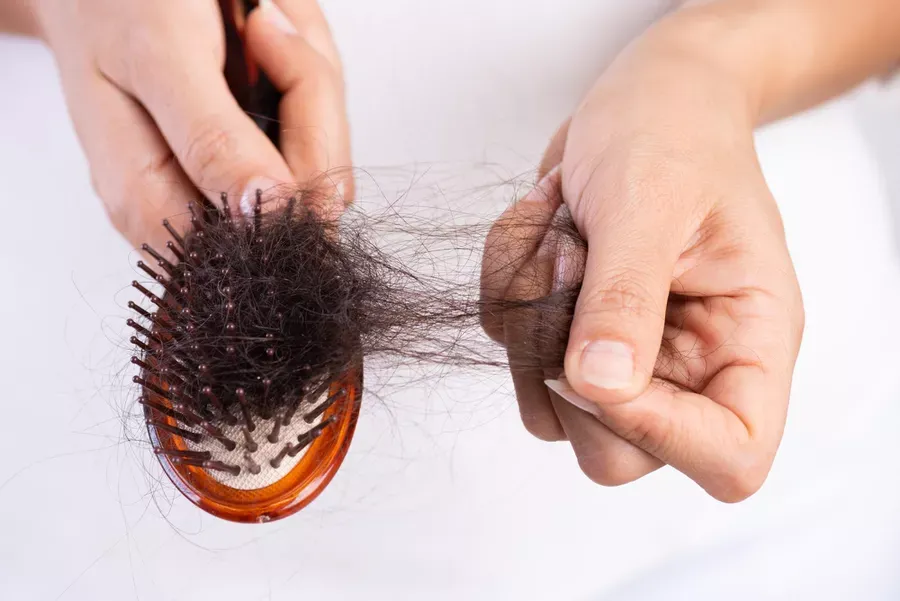Causes of Hair Loss

If you are experiencing hair shedding, you are not alone. Almost everyone goes through hair shedding at some point in their lives. This article will cover a few of the most common causes, including stress, Telogen effluvium, and age. Also, we'll take a look at hair length. If you are experiencing hair shedding on specific body parts, you may want to see a healthcare professional for a proper diagnosis.
Stress
Research has proven that chronic stress can cause hair loss, a condition known as telogen effluvium. In this condition, many hair follicles stop producing hair and rest in a dormant state. The hair that is affected falls out even during basic tasks such as washing and combing. In some people, this condition results in trichotillomania, a behavior in which a person feels an irresistible urge to pull out their hair. People suffering from trichotillomania often find that hair pulling is a way to cope with negative feelings.
Telogen effluvium
If you are experiencing sudden, excessive shedding of your hair, you may suffer from telogen effluvium. Telogen effluvium can cause hair loss for many years, sometimes even decades. Although this temporary hair loss is often considered a normal part of aging, it may be a symptom of a more chronic condition. Luckily, there are some effective treatments for this condition.
Age
The hair follicles gradually die, resulting in thinning and shedding of older, finer hair. The telogen or resting phase of the hair cycle changes as we age. A child sheds fewer hairs during this stage than an adult, and an average adult sheds approximately 100 hairs daily. The telogen phase is a natural part of aging, and it is common for almost everyone to go gray at some point in life. Age-related hair shedding is also related to genetics, thyroid, and endocrine disorders, nutritional deficiencies, and the menopausal transition.
Hair length
Two main factors influence hair shedding: age and hair length. Excessive shedding is inversely related to age. Most subjects who shed too much had longer hair, and shedding was significantly associated with length. However, there is no single scale for evaluating both factors. The shedding score and hair length are often unrelated, which are important in assessing a person's overall health.
Iron deficiency
Hair loss caused by an iron deficiency looks the same as other types of baldness. This condition does not look different, but it may intensify the effect of pattern baldness. Iron deficiency is also known to increase the shedding of hair. The best way to find out if you're iron-deficient is to get a formal blood test and consult with a physician.



